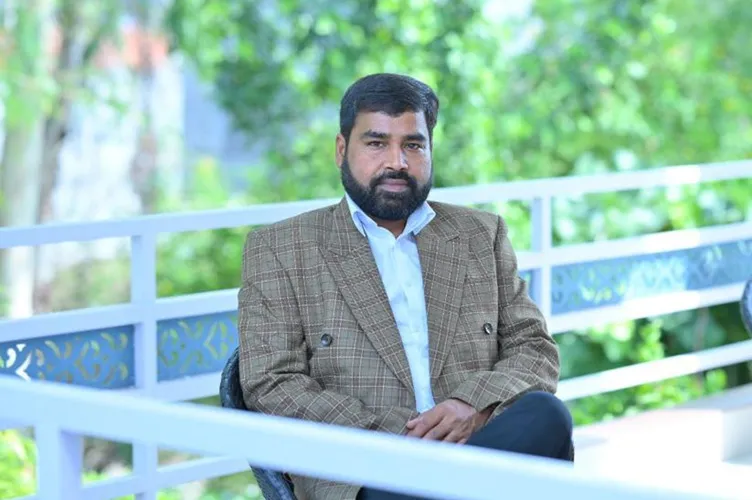Legal Procedures and Liabilities of the Bank in SARFAESI Proceedings after the Death of the Borrower and Guarantor
Legal Procedures and Liabilities of the Bank in SARFAESI Proceedings after the Death of the Borrower and Guarantor
The Securitisation and Reconstruction of Financial Assets and Enforcement of Security Interest Act, 2002 (SARFAESI Act) provides banks and financial institutions with the power to take action against borrowers who default on their loans. In cases where the borrower and guarantor pass away, questions arise regarding the legal procedures and liabilities of the bank. This article aims to examine the lawful procedures to be followed by the bank in such circumstances and the implications for the deceased guarantor's properties.

1. Extending the Definition of "Borrower":
Under Section 2(f) read with Section 13(2) of the SARFAESI Act, the term "borrower" encompasses the legal representatives of the original borrower. This extension includes the heirs, successors, or legal representatives of the deceased borrower. Therefore, the bank can proceed against the legal representatives of the deceased borrower to recover the outstanding debt.
2. Contractual Relationship and Liability:
The relationship between the borrower and the bank or financial institution is established through a contract governed by the Indian Contract Act, 1872. As per the Act, promises made by the promisor are binding on their representatives, including legal representatives, in case of the promisor's death. Unless a contrary intention is evident from the contract, the obligation to perform under the contract is not solely personal to the contracting party but also extends to their representatives. Consequently, the legal representatives inherit the liability for the debts of the predecessor to the extent of any property inherited from the predecessor.
3. Binding Promises:
Section 37 of the Indian Contract Act states that promises made by the promisor continue to bind their representatives even in the event of the promisor's death before fulfilling the obligation, unless the contract indicates a contrary intention. Therefore, the bank can enforce the obligations and seek recovery from the legal representatives of the deceased borrower and guarantor, as long as there is no contrary provision in the contract.
4. Notice to Legal Representatives:
When the borrower or guarantor passes away, the bank is required to substitute the legal heirs of the managing director (MD) in the notices issued during SARFAESI proceedings. This ensures that the legal representatives are made aware of the proceedings and their obligation to repay the outstanding debt. The bank must provide notice to the legal representatives as the residual interest in the property passes on to them.
Future Actions Regarding Guarantor Properties:
In SARFAESI proceedings, the bank may proceed to seize and sell the guarantee properties to recover the outstanding debt. However, the exact course of action and legal procedures may vary based on the specific circumstances, including the presence of other creditors, any pending litigations, and the applicable laws. It is advisable for the bank to consult legal experts to ensure compliance with the SARFAESI Act and other relevant laws while dealing with the deceased guarantor's properties.
Conclusion:
In cases where the borrower and guarantor pass away, the bank can lawfully proceed against the legal representatives as per the provisions of the SARFAESI Act and the Indian Contract Act. The liability for the debt extends to the legal representatives, and the promises made by the borrower and guarantor remain binding. It is essential for the bank to follow the required legal procedures and provide notice to the legal representatives. Additionally, the bank should seek professional legal advice when dealing with the properties of deceased guarantors to ensure compliance with applicable laws and safeguard their interests.
Sign up for my newsletter

